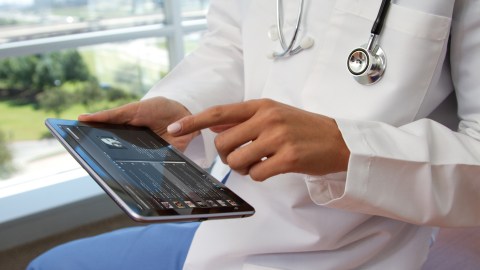Text Messages From Doctors Help Remind Patients to Take Medication

People forget to take their prescriptions all the time, even remembering to take vitamins is a chore. However, it’ll be several months before their doctors realize they haven’t been taking their meds.
Robert Glattner, MD of Forbes writes that one third of patients are non-compliant when it comes to taking their blood pressure medication. Others just forget. Regardless, doctors are trying to find a way to increase presence with their patients in between office visits, and smartphones are a great place to start.
A new study published in the journal PLOS One has found that text message reminders can help engage doctors with their patients out of the office, and remind them to take their meds. Dr. David Wald, Lead Author, Professor, and Cardiologist at Queen Mary University of London in England, explained the premise of the study:
“An important and overlooked problem in medicine is the failure to take prescribed medication. The results of this trial show that text message reminders help prevent this in a simple and effective way. More than just a reminder, the texts provided the link to identify patients who needed help.”
The study took 300 participants, divining them into two groups: one group received text message reminders to take their statin medication to treat high blood pressure and elevated cholesterol and the other group did not.
The group receiving texts would get one message every day for two weeks, asking if they’d taken their medication. Then the messages were tapered back, and sent every other day for two weeks, and again once a week for six months. If they did not reply to the text messages, the patients would receive a follow-up phone call to investigate why and answer any questions the patients had.
Out of those who received text messages, only 9 percent stop taking their medications, compared to the 25 percent who stopped completely or took less than 80 percent of it without reminders.
David Taylor, Professor Emeritus of pharmaceutical and public health policy at University College London, said of the study:
“The health implications of these results are considerable from both an economic and a health gain perspective. The method is not limited to cardiovascular disease prevention and could be used for patients on treatment for other chronic diseases.”
The marriage of technology and health care have a long journey ahead, but the potential for preventative and ongoing health care to help reduce future costs looks quite bright.
Read more at Forbes
Photo Credit: NEC Corporation of America/Flickr





